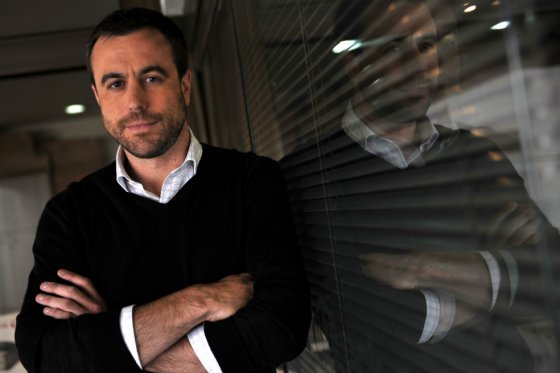In a globalized and interconnected world, a crisis like COVID-19 affects companies in multiple areas: paralyzed negotiations, suspended events and meetings, cancelled business trips, forced change of the workplace, and many other situations that can directly affect the usual work flujo. Outside, Chevron, Microsoft and Twitter have been pioneers in the adoption of offshoring, and in Spain Prosegur, Vodafone and an increasing number of companies have decided to introduce offshoring as the main response.
It is clear that the lack of practice, methodologies and appropriate tools, arising from the urgency, will generate not inefficiencies and frustrations, but in any case will be experiences to be taken into account.
According to the INE, in Spain only 27% of companies consider this type of work, despite the fact that it allows for cost reductions, a larger workforce flexibility which also increases productivity, facilitates work-life balance, reduces absenteeism and stress among workers, and many other benefits.
The opportunity to adopt a new model of delocalised work allows us to imagine, in the not too distant future, companies without corporate headquarters, made up of a network of global and interconnected workers, where the key requirement will be to ensure that the teams continue to contribute value to the organisation in a recurrent and iterative manner, which requires that the objectives are correctly marked, the roles are well defined, the tasks well distributed and that the appropriate tools are available.
To ensure success, Opinno has developed the remote sprint concept, a short work cycle (1-4 weeks) of a remote work team, with clearly marked objectives, which ensures a rapid delivery of value and continuous improvement of working methods. The system helps to meet the objectives by combining various agile innovation methodologies, built on the basis of digital and collaborative tools.
To be able to execute this model correctly, roles and responsibilities must be defined and assigned. The management layer define the business objectives and their priority within the organization. The management layer consists of the team managers who definen the objectives of the projects and work teams based on the objectives required by the management layer, and are responsible for monitoring, designating the correct perfiles and giving organizational support to the teams. The team leader manages the team's progress and associated risks, reports to the team manager and is responsible for keeping the team coordinated and aligned towards achieving the remote Sprint objectives. Finally, the team facilitator supports and facilitates the work of the teams, solving those blockages that prevent progress on both technological and methodological issues. In a way, our remote work model maintains control using the best practices of both worlds, to avoid failure and frustration.




